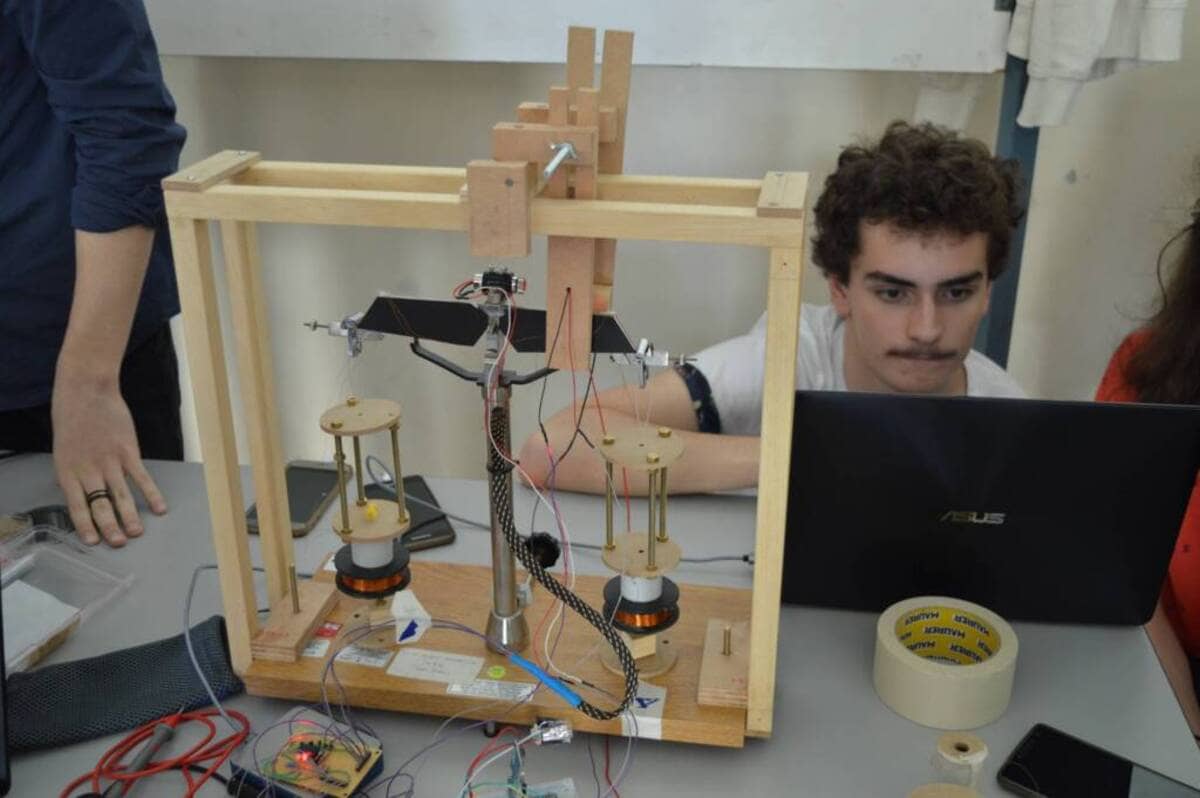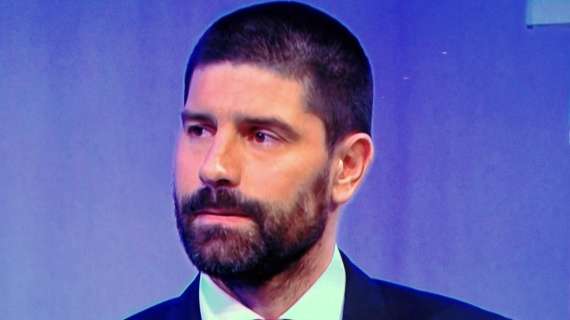Conference in Florence to discover that “scientific subjects can educate man in his entire being.” Giuseppe Tacinari, Director of the XX Edition of ScienzAfirenze speaks
The sky, air, wind and clouds can easily evoke feelings, even artistic and poetic inspiration. The task of high school students participating in the initiative Science Florence 2023 A different and no less attractive effect with the atmospheric context is preferred to be investigated by the course of scientific investigation.
The project promoted by Diesse Firenze e Toscana and which this year mobilized nearly 200 students and teachers from all over Italy around the “Study of air and atmospheric phenomena. Observation and experimentation in science ”and which will end from April 19-20 with a conference in the Tuscan capital.
We ask Giuseppe Tacinari, Professor and Director of the Conference, to accompany us on this educational adventure that began from the conviction that one of the primary purposes of the School is to arouse interest in reality.
“The departure from reality is one of the essential points of science in general. I always repeat the famous phrase of Nobel Prize in Medicine Alexis Carrel: “A lot of thinking and a little observation lead to error. A lot of observation and a little reflection leads to the truth.” There are two positions: the ideological one, from preconception, which starts from my thoughts, and the one that starts from reality, which is not only more correct as a means of approach, but also more interesting because it revives interest in the boy, but even in the adult. The beauty of what we experience in our studio is to get the little ones in touch with reality. How many times have we also experienced it as students: we started from the contents of the book, from a scheme … Instead, the encounter with reality is always more interesting ».
In this connection with reality, the transition from simple “seeing” to being able to “observe” becomes decisive. How would young people who are less inclined to support a commitment to in-depth study react today?
I find it difficult to distinguish between the children of today and yesterday because I think many circumstances have changed, but I don’t know how much the children have changed. Of course, today we’re more bombarded with information, which isn’t necessarily a negative thing, but it does keep us on the surface for a bit. A true confrontation with reality imposes rules and also imposes an effort, an effort to pay attention. The interesting aspect of the scientific method is that it manages to captivate children: when they take part in an experiment, they check that not everything always coincides with theory and not everything is as simple as one imagines or as it appears in the book, but not for this, and perhaps for this very reason , is no less interesting. Faced with an experience that does not add up, with an unexpected situation, students are instructed to muster their intelligence and creativity to solve a problem. Interest arises precisely when the subject feels himself the protagonist: he is no longer able to passively stand before reality, but sets himself in motion to fully confront reality in all its aspects. Standing in front of a virtual scientist or a science book is certainly not the same thing.
Another advantage of this experience is the collaboration that arises between the students themselves and with the teachers.
I start by saying that Scienzafirenze was born as a refresher course for teachers and after the first experiences of meeting the experts we realized we were missing something… based on experience Florence TalksWe have discovered that the true modernization of a teacher is self-modernization: the teacher must work on his own discipline, but—this is the point—not alone. The first relationship is with the children, because if the children learn, the teacher also learns by accepting the same challenge. So it is a journey undertaken with the children where the teacher is the guide, but walking with them along a path that becomes a continuous discovery for all. The first level is the level of the relationship with the students, and the second level is the level of the relationship with the colleagues: in the discussion among the teachers the preparation for the conference is born, as well as in the relationship with the experts we have always had the pleasure of meeting and who have always proved themselves to be people who are not only experts in the field, but are They are also able to give us an indication of what it means to “do science”. Everything happens as a common path, after all science is a story of discoveries that started from a hunch, but then developed over time through a comparison made by many people, in a societal dimension.
We come to the study of atmospheric phenomena that will certainly prompt students to think about the current and controversial issues of drought, pollution, global warming…
The topic is certainly a topical one, and many related questions remain open to unresolved points of view and often conflicting hypotheses even among scientists themselves. It is inescapable to say that an experiment conducted by a school group will definitely not be able to find a solution to various emerging problems such as the problem of global warming that the entire scientific world has been working on for a long time … In particular, on the issue of climate, we have a huge amount of data: However, the tendency is to bend the predicate to what one believes while the correct attitude to the world is to stand before the predicate for what it is and try to understand it. I always try to explain to children that data has great importance within them: I do not give it to myself, I receive it from reality and I have to face reality with all my being. I think it is not easy to learn a correct way to deal with reality which is always complex, surprising and stimulating.
How did the students participate in the scientific experiments and how did they express the results and questions raised by the research?
All this will be shown during the conference in which the students will present their work. One of the lectures entitled “Choosing to Live an Upward-looking Life” will present the study of Vincenzo Livesani, a “cloud physicist” who has been working in the atmosphere for many years and who will talk about the results of his scientific research starting from an interest born in him since he was a child … We will talk about Clouds, but also about processes on the air phenomenon as such, about experiments on building hot air balloons instead of kites to observe the phenomenon of flight, or again we will encounter the study of oxygen production of plants and phenomena associated with the atmosphere. The majors involved are academic disciplines, and therefore physics, chemistry and natural sciences, and in some cases technological subjects that enable children to conduct experiments, and thus confront reality in a scientific way that relies mainly on measurement, which means that the star faces the phenomenon and converts it, wherever possible, even into numbers. As Galileo said, the book of nature is written in mathematical symbols.
Is there any student who is less engaged, and perhaps less inclined to scientific analysis of phenomena?
Let’s say that group work is also interesting because it helps to rediscover the potential of each student: in the group we can find the most organized or the most creative, the most creative and the most patient in the face of an analysis that may require several hours or several days, in the sense that there is room for everyone. Science education is participation in a relationship, the human being, in which everyone can express their own research … Experience tells us that scientific subjects can educate man in his total being.

“Infuriatingly humble social media buff. Twitter advocate. Writer. Internet nerd.”










